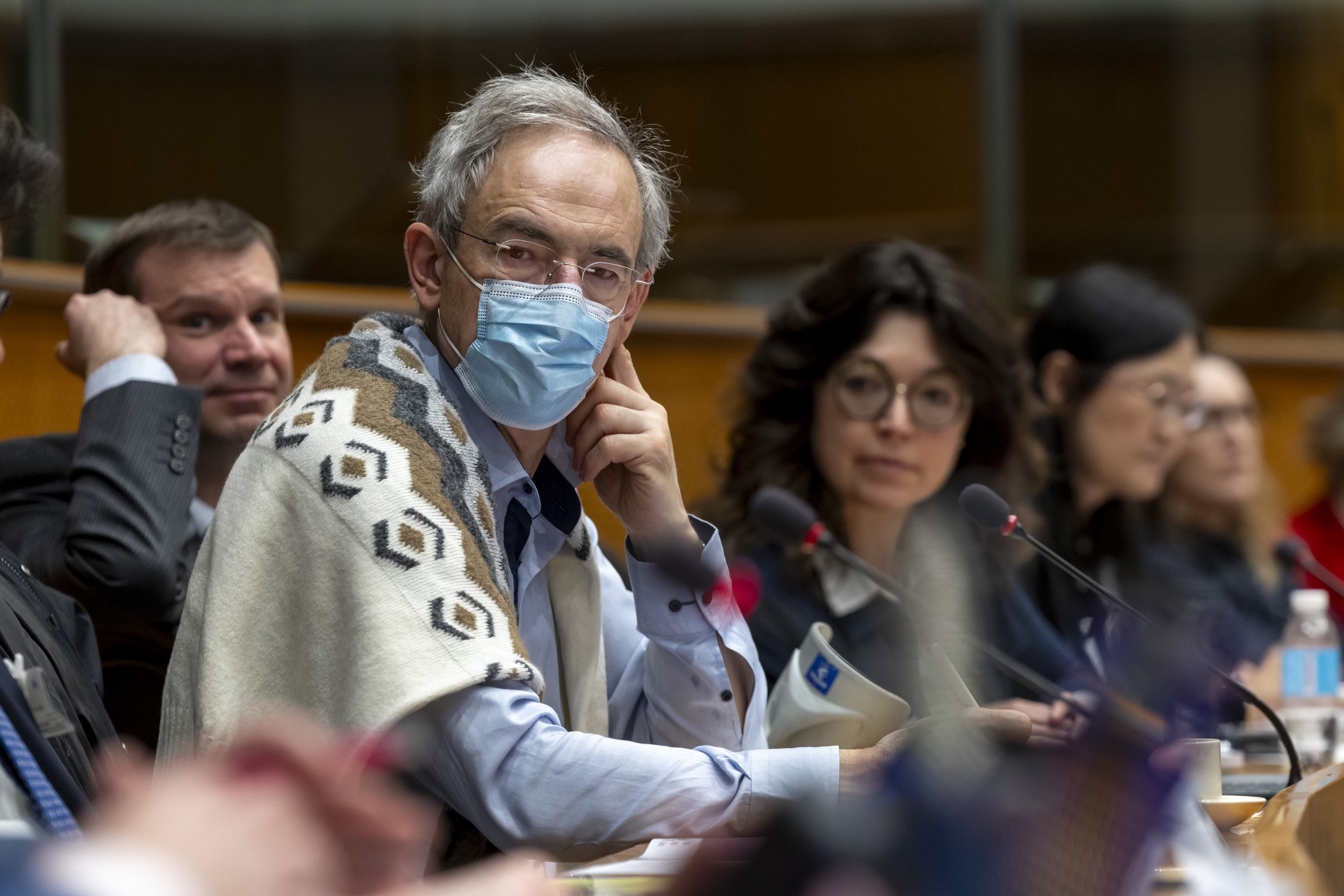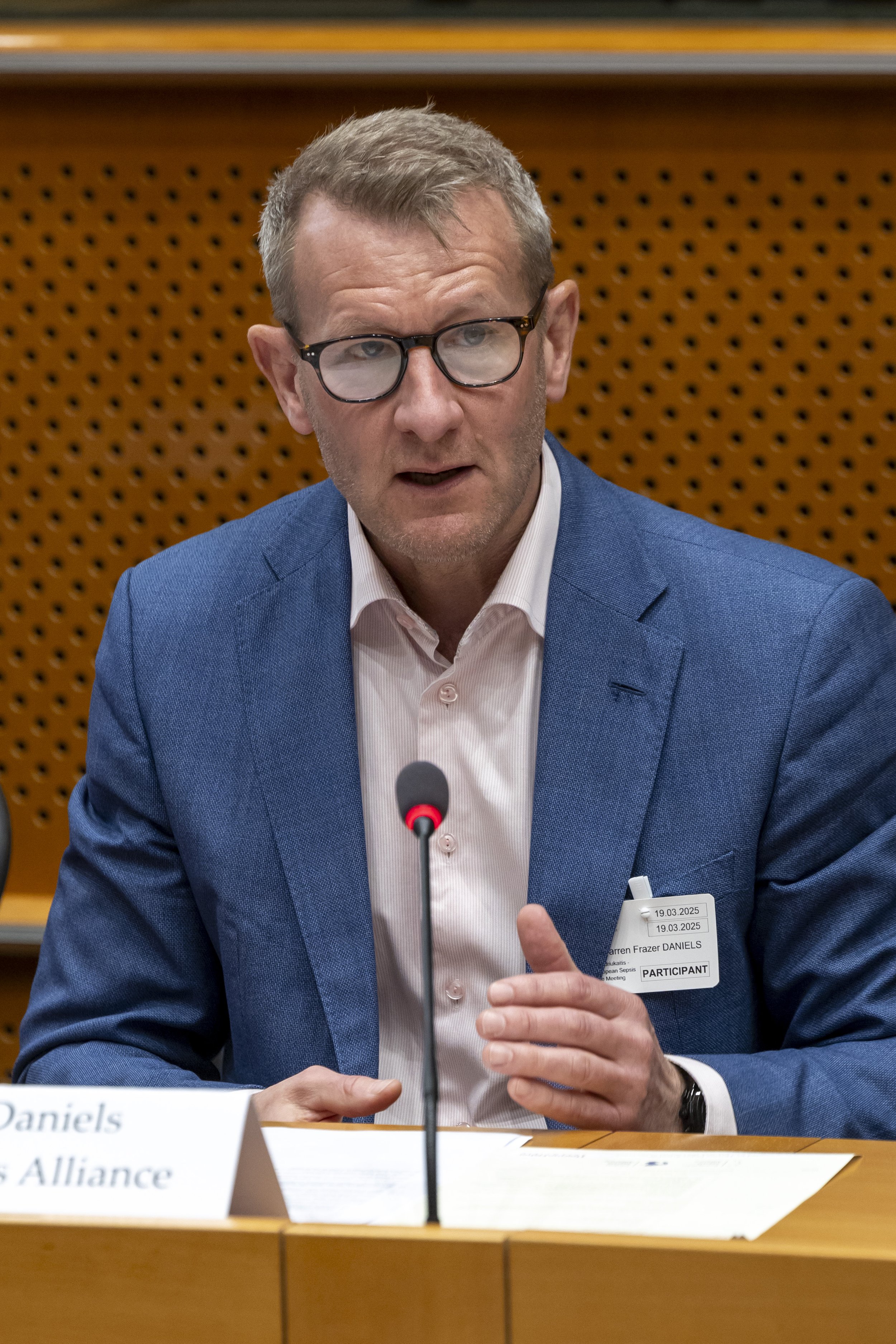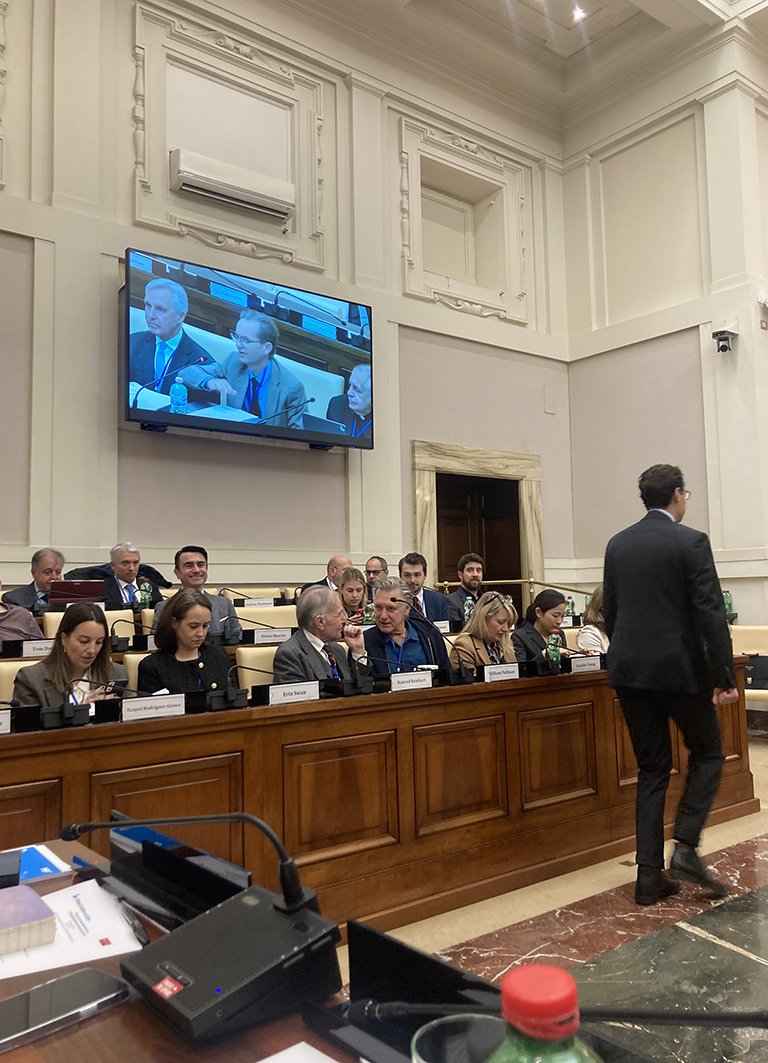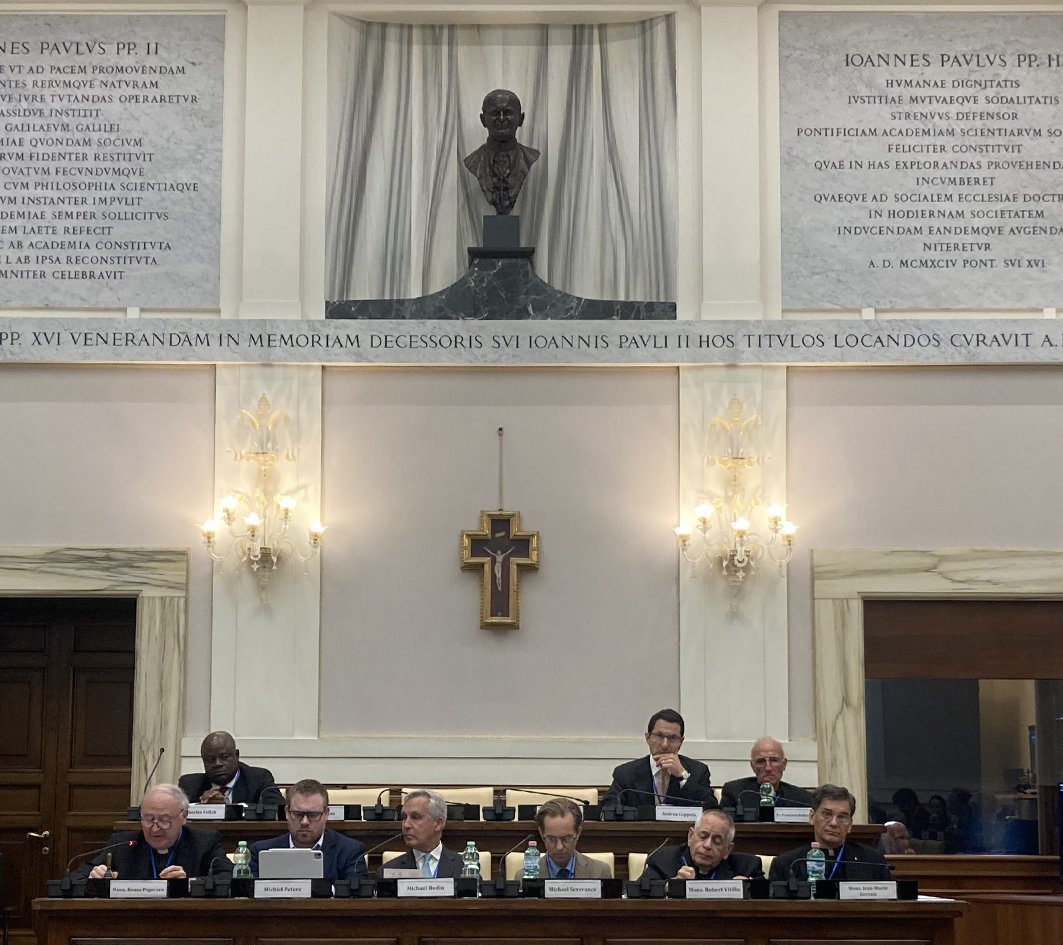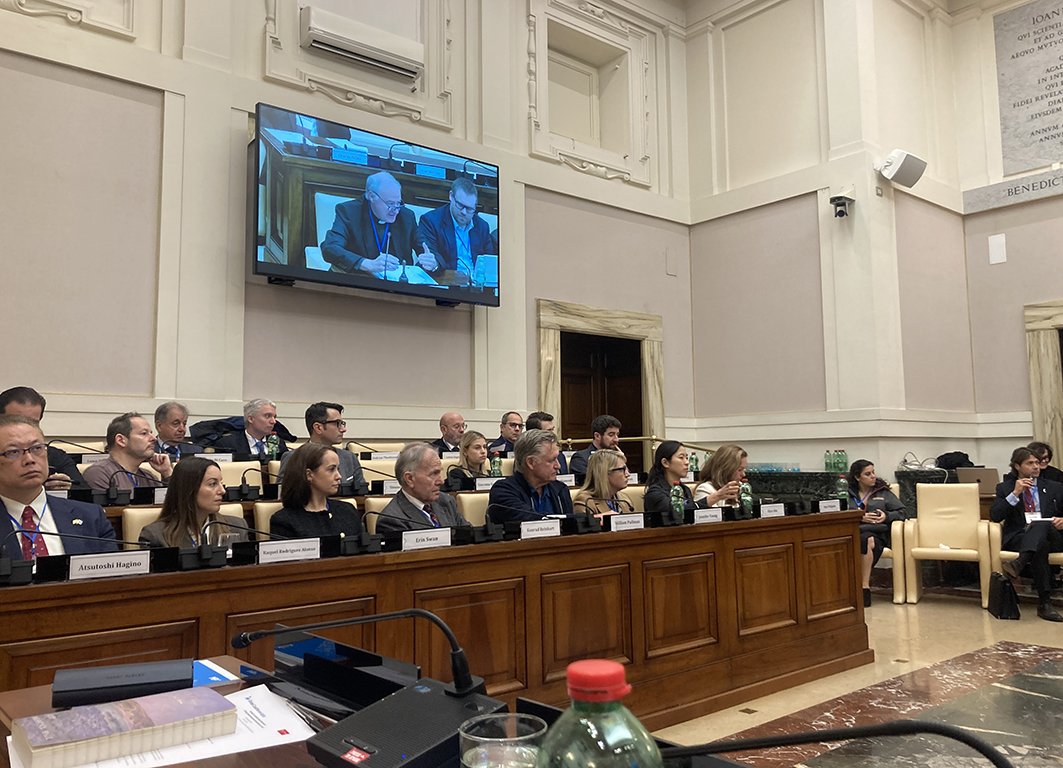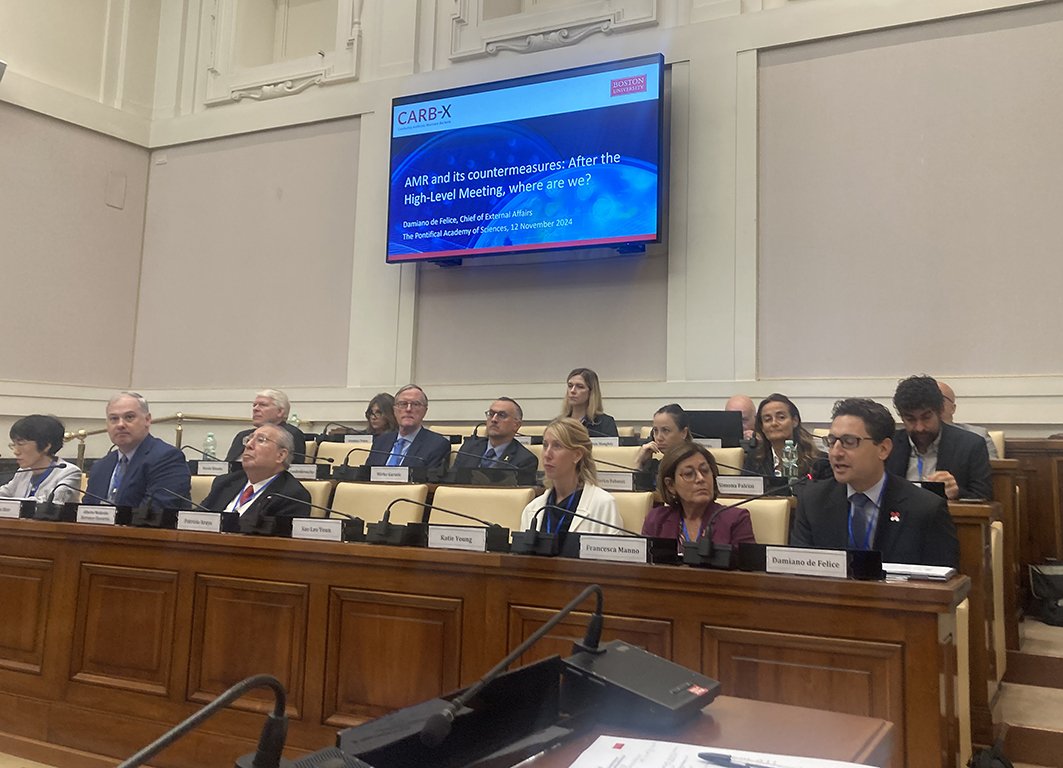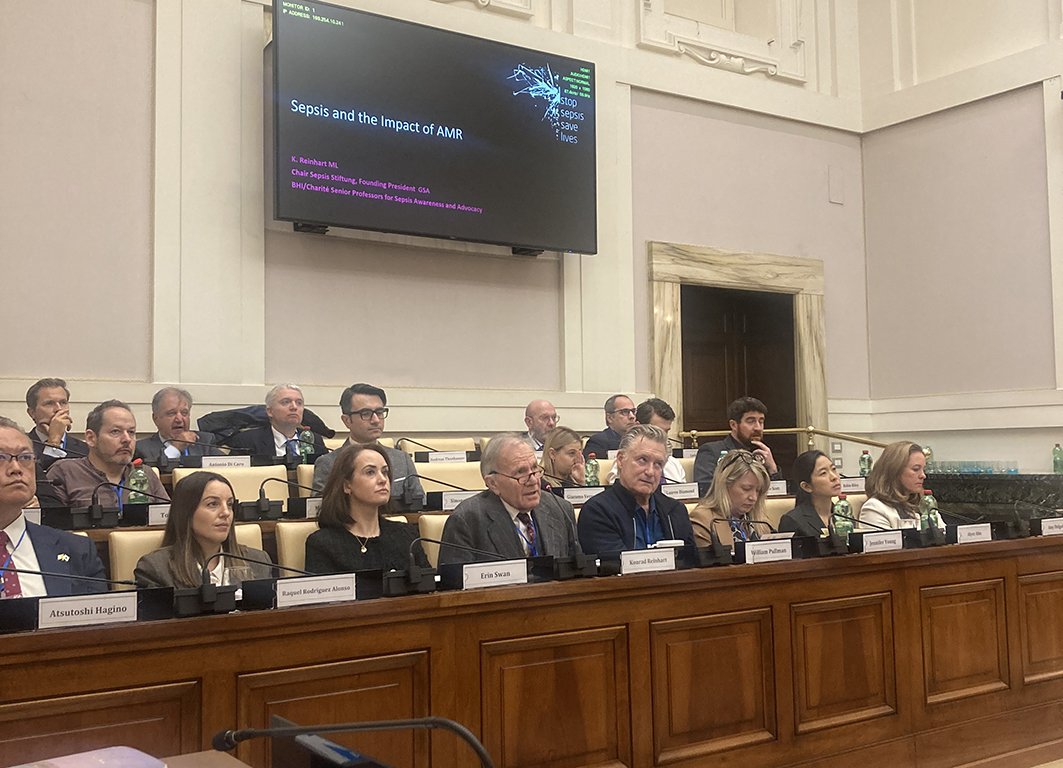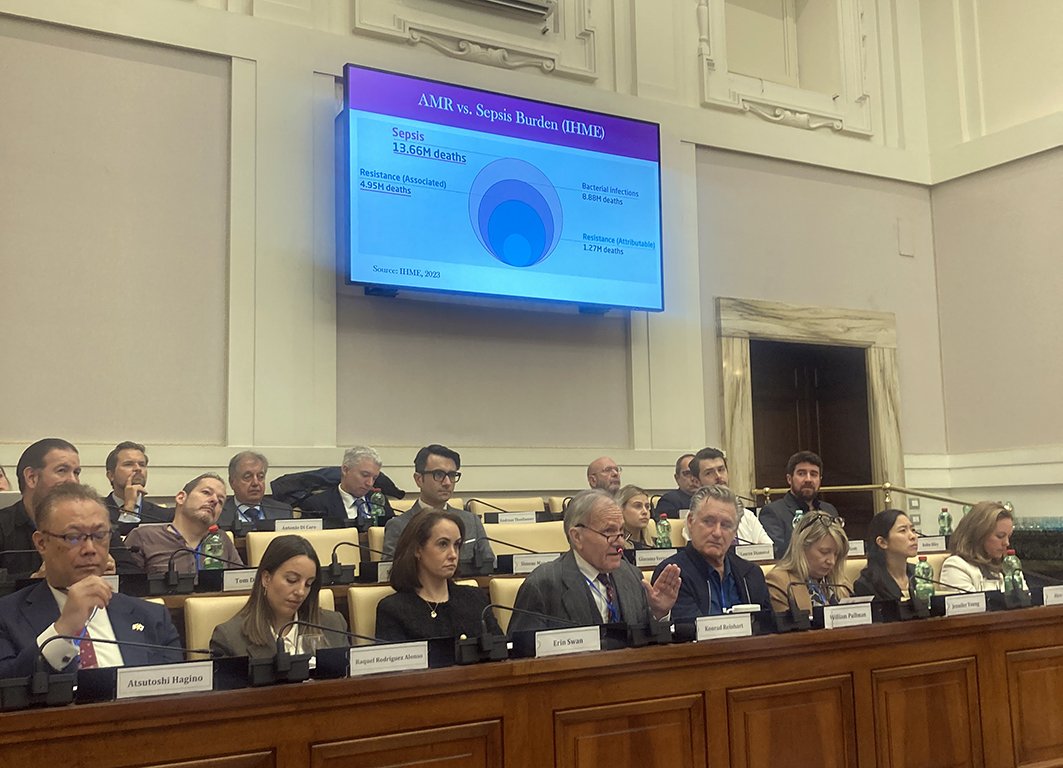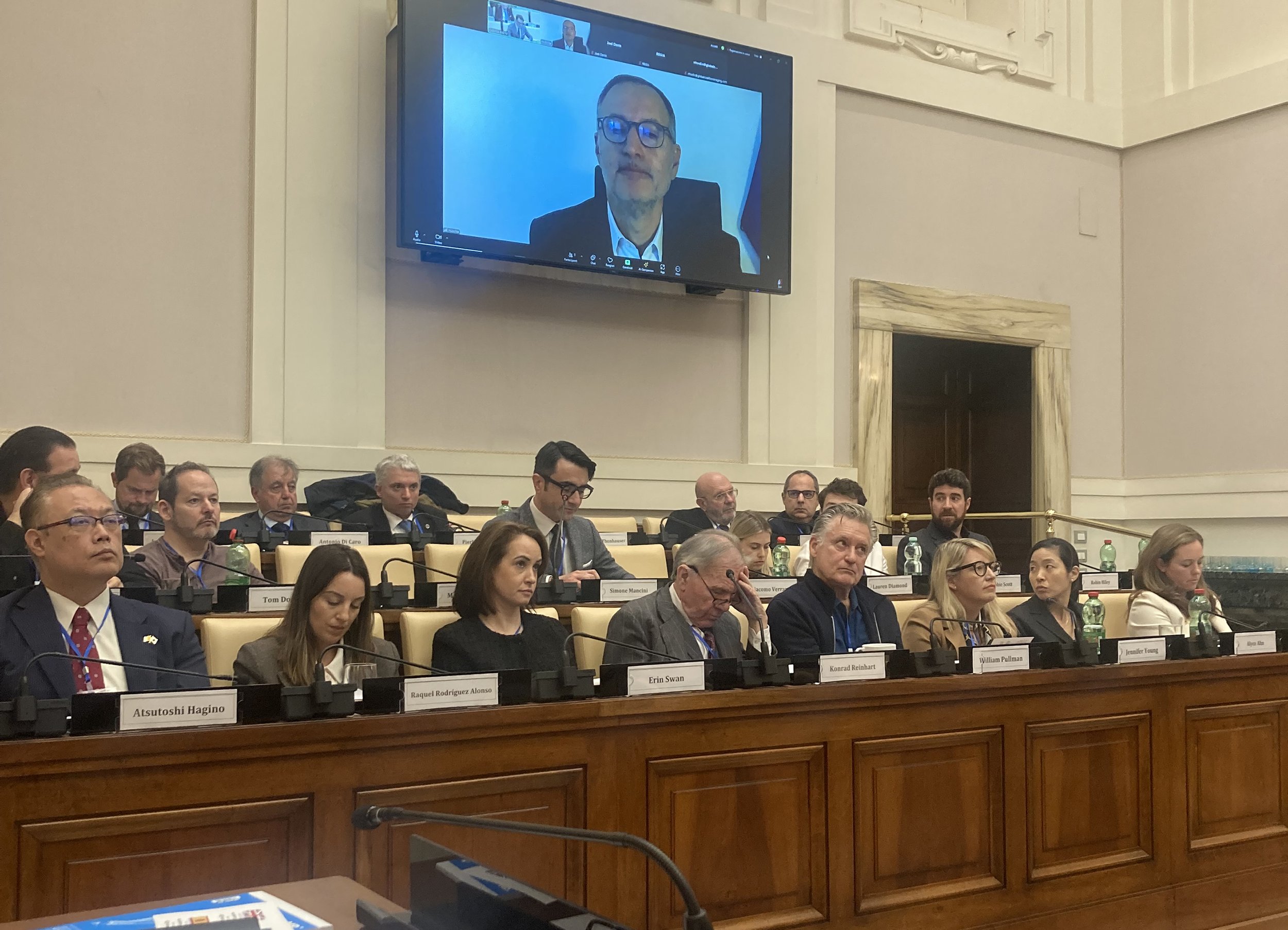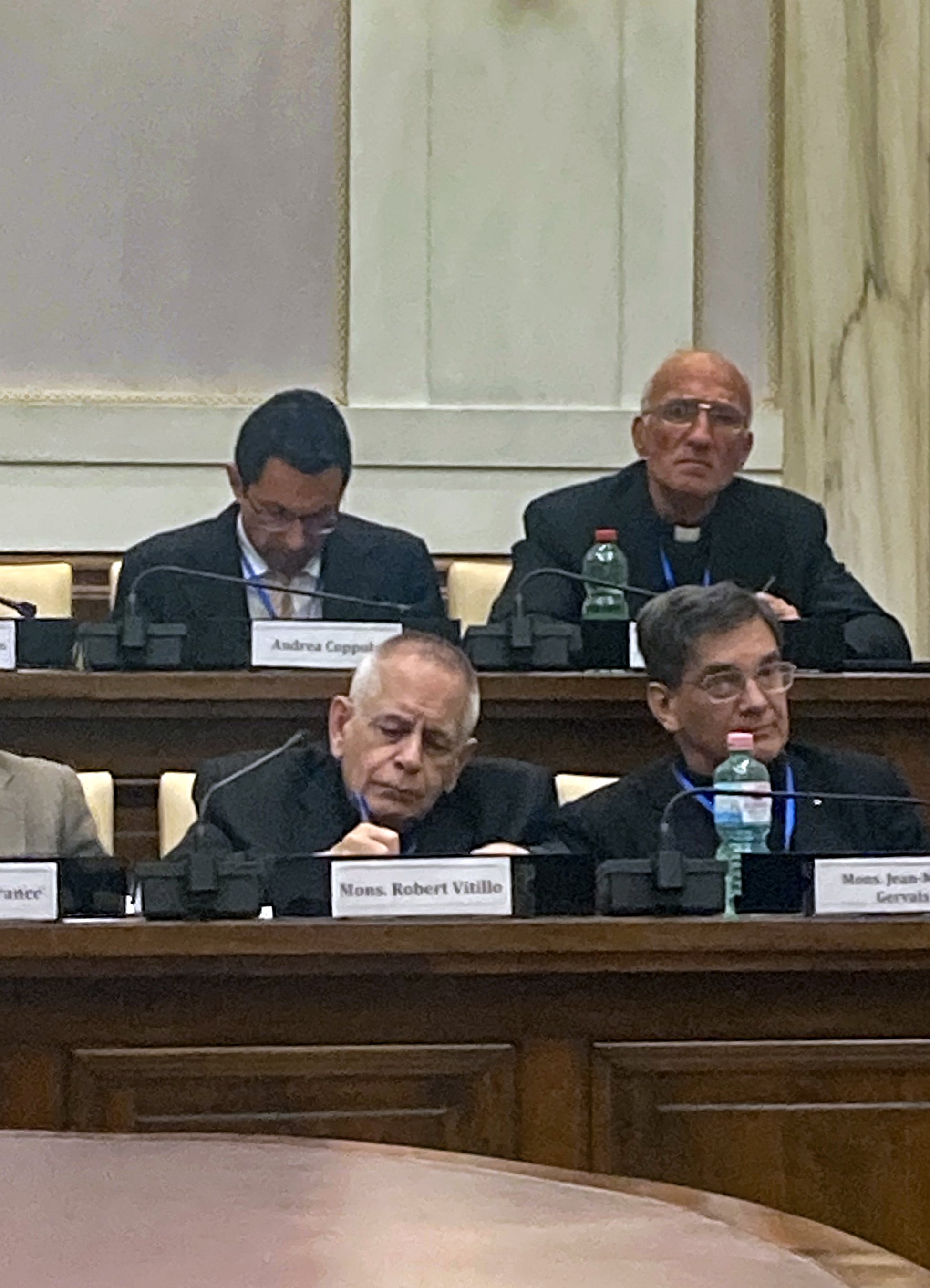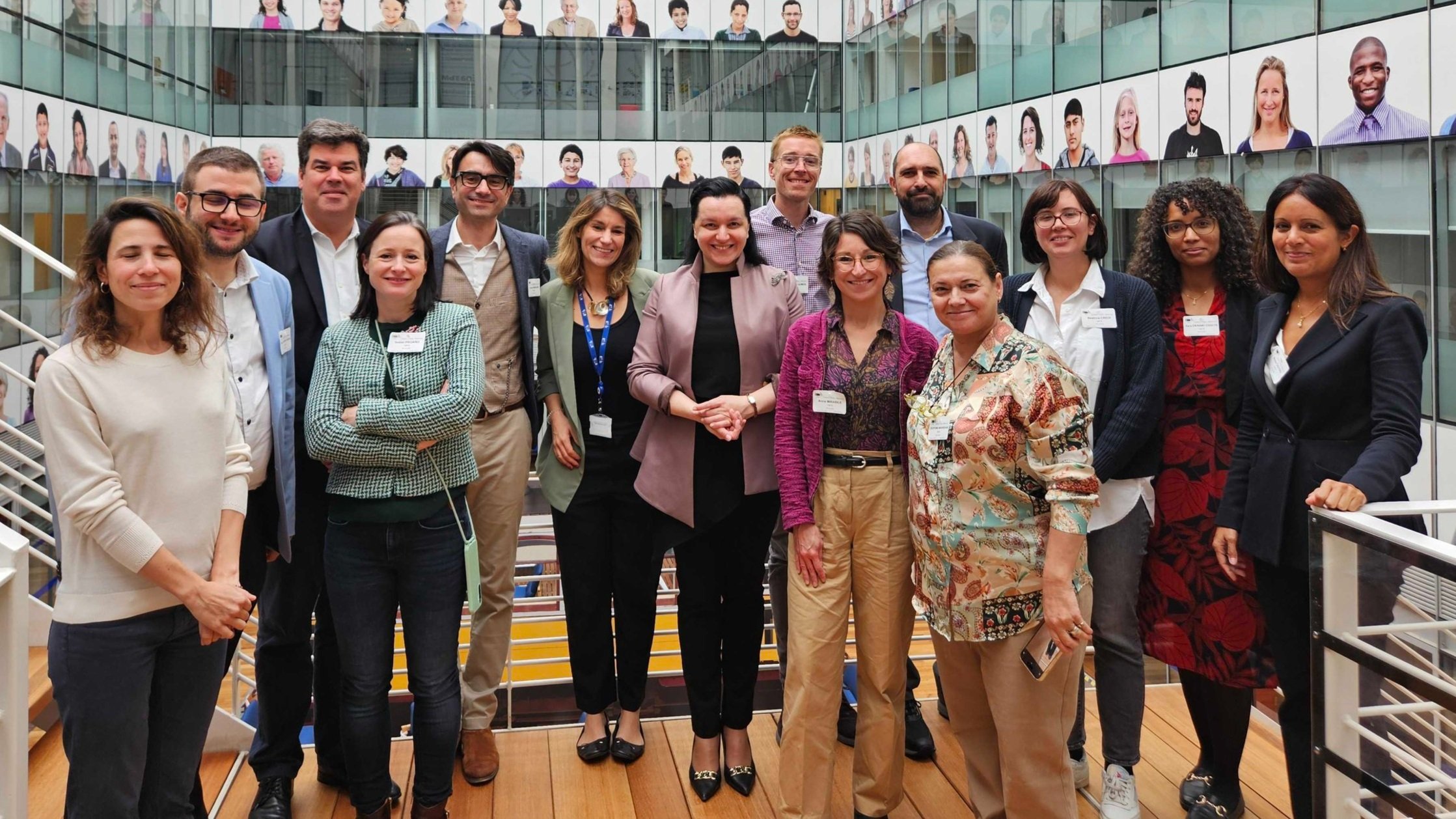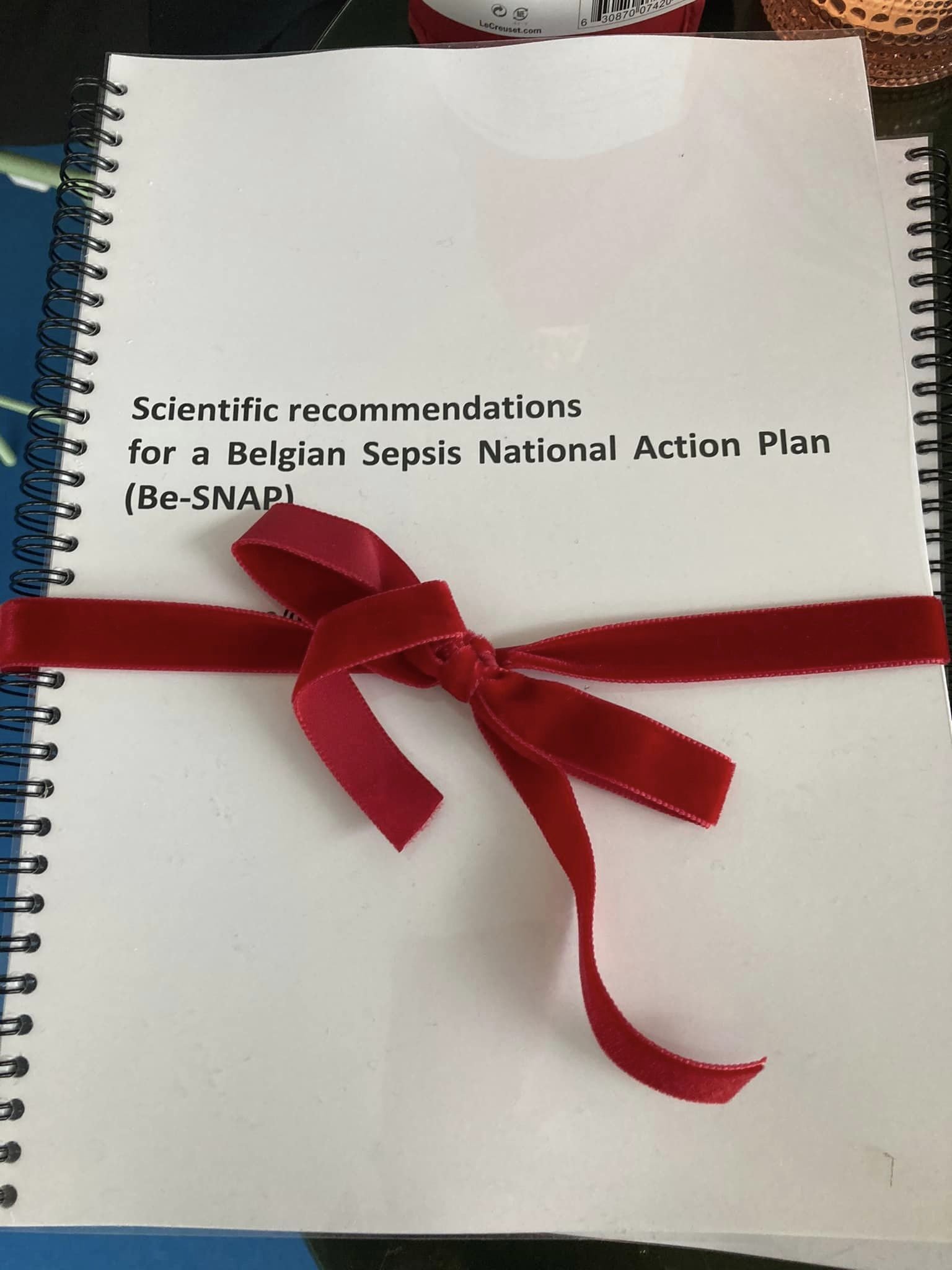On 15 May, Dr. Mariam Jashi, CEO of the Global Sepsis Alliance (GSA) and Simone Mancini, GSA’s Partnership Lead and Director of the European Sepsis Alliance, held a bilateral meeting with Fabian Desimpel, Public Health Advisor at the Cabinet of Frank Vandenbroucke, Deputy Prime Minister and Minister of Social Affairs and Public Health.
Dr. Jashi commended Minister Vandenbroucke for championing Belgium’s first National Report on Sepsis. This landmark achievement followed a major media campaign centered on Ilse Malfait’s story, which brought national attention to Sepsis and led to the appointment of Prof. Erika Vlieghe to coordinate the report. In just six months, Prof. Vlieghe led a team of 62 multidisciplinary experts – including clinicians, public health professionals, and Sepsis survivors – to develop the report, with significant input from ESA member organization Sepsibel and Sepsis survivor Ilse Malfait.
Dr. Jashi presented the 2030 Global Agenda for Sepsis to Dr. Desimpel, highlighting Belgium as one of 15 leading countries worldwide that prioritize sepsis at the national level.
Mariam Jashi and Simone Mancini emphasised that Belgium’s report lays the groundwork for the development of a National Sepsis Plan. They also asked the Belgian Ministry of Health to support in relevant policy discussions the ESA Call to Action, launched at its annual meeting at the European Parliament on 19 March. ESA and GSA reaffirmed their commitment to supporting the Belgian Ministry of Health, Sepsibel, and other national stakeholders with any necessary inputs or technical expertise needed to advance this critical initiative.
The same day, Dr. Jashi participated in the 2025 EU Global Health Policy Forum, convened by the European Commission.
This second forum served as a structured dialogue amongst key global health stakeholders to assess progress on the EU Global Health Strategy (EUGHS), adopted in 2022. The event aimed to ensure accountability and reinforce the EU’s leadership in global health. Key topics included global health financing, emergency preparedness and response, lessons learned, local manufacturing of health products in partner countries, and universal access to Sexual and Reproductive Health and Rights (SRHR). The overarching goal was to maintain momentum toward a healthier and more equitable global future.
During the opening session, Dr. Jashi addressed a high-level panel that included Lorena Boix Alonso, Deputy Director-General of DG SANTE, and Martin Seychell, Deputy Director-General of DG INTPA, co-organisers of the Forum.
She commended the European Commission for convening the event at a time of diminishing multilateralism and emphasised the importance of renewed EU leadership in re-prioritising global health.
Dr. Jashi highlighted the immense human and societal burden of sepsis, which is responsible for 1 in 5 deaths globally. In the European region alone, over 3 million people are affected annually, resulting in approximately 680,000 deaths.
She spotlighted the 2030 Global Agenda for Sepsis, launched at the German Parliament in September 2014, and referenced the ESA Call to Action for EU Institutions and Member States
Finally, Dr. Jashi raised concern over the limited visibility of sepsis in EU health policies and programs and encouraged DG SANTE and DG INTPA to consider stronger integration of this medical emergency and global health threat.
